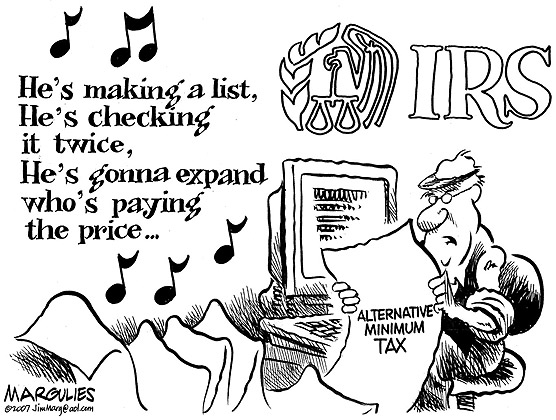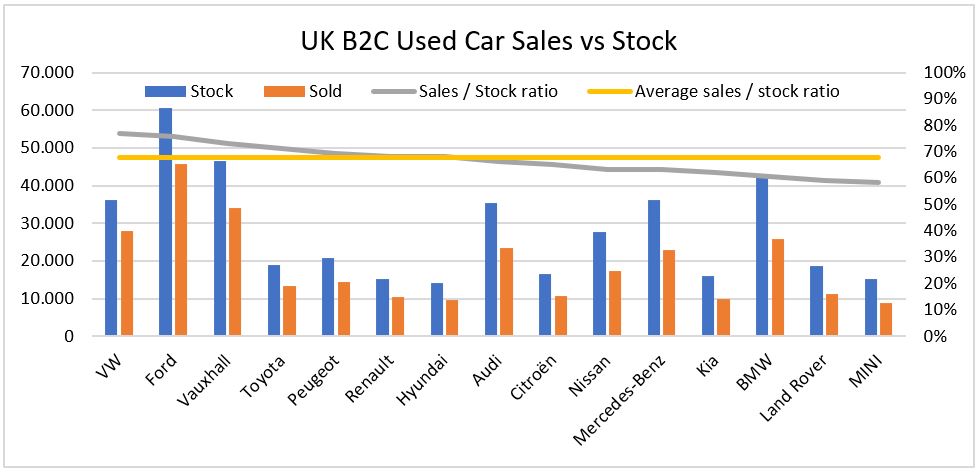

The statutory period for the assessment of such tax shall not expire before the expiration of 3 years from such due date. The term «inactive duty training» means «inactive duty training» as described in paragraph of such section 101. A foreign affiliate of an American employer is any foreign entity in which such American employer has not less than a 10-percent interest. Returns in the case of governmental employees in States, Guam, American Samoa, and the District of Columbia.
The Hospital Insurance portion of FICA, which funds Medicare Part A hospital benefits, applies to all earned income, while the OASDI portion of the tax is imposed on earned income only up to cap annually set by Congress ($137,700 in 2020). In 2004, the Center on Budget and Policy Priorities stated that three-quarters of taxpayers pay more in payroll taxes than they do in income taxes. FICA is subject to neither the standard deduction nor any personal exemption and so is generally considered to be a regressive tax. The Federal Insurance Contributions Act requires that businesses withhold taxes from employees’ paychecks, and make contributions themselves, to pay for Social Security and Medicare.
What is FICA tax?
93–66, set out as a note under section 409 of Title 42. 93–233 applicable only with respect to remuneration paid after, and taxable years beginning after, 1973, see section 5 of Pub. 93–233, set out as a note under section 409 of Title 42, The Public Health and Welfare. Amendment by section 1903 of Pub. 94–455 applicable with respect to wages paid after Dec. 31, 1976, see section 1903 of Pub. 94–455, set out as a note under section 3101 of this title.

Tap into a wealth of knowledge designed to simplify complex tasks and encourage strategic decisions across key functions. Take your organization to the next level with tools and resources that help you work smarter, regardless of your business’s size and goals. Focus on what matters most by outsourcing payroll and HR tasks, or join our PEO. Manage labor costs and compliance with easy time & attendance tools. For advanced capabilities, workforce management adds optimized scheduling, labor forecasting/budgeting, attendance policy, leave case management and more.
Do I have to pay FICA? Who is exempt?
If you receive a paycheck, FICA taxes are automatically deducted from your wages, with you and your employer splitting the tax burden. The self-employed, however, pay a federal self-employment tax totaling 15.3%, as they’re both the employee and employer. FICA tax is a payroll tax imposed by the federal government that funds Social Security and Medicare programs. The Secretary shall waive any penalty under section 6656 for any failure to make a deposit of any applicable employment taxes if the Secretary determines that such failure was due to the reasonable anticipation of the credit allowed under this section.
95–216 applicable with respect to remuneration paid or received, and taxable years beginning, after 1977, see section 104 of Pub. 95–216, set out as a note under section 1401 of this title. 95–216, §§101, 315, substituted «(as defined in section 3121 and )» for «(as defined in section 3121)» in provisions preceding par.
What is the FICA tax?
For purposes of the preceding sentence, in the case of any organization or entity described in subsection , wages as defined in section 3121 shall be determined without regard to paragraphs , , , , and of section 3121 . The term «severely financially distressed employer» means an eligible employer as defined in paragraph , determined by substituting «less than 10 percent» for «less than 80 percent» in subparagraph thereof. Section applicable to amounts paid with respect to calendar quarters beginning after Mar. 31, 2021, see section 9641 of Pub. 117–2, set out as a note under secton 3131 of this title. This section shall apply only to wages paid with respect to the period beginning on April 1, 2021, and ending on September 30, 2021. Section 202 of Pub.
Social Security Supplemental Income 2023 — Brand new $914 payment drops in a few weeks – when to check you… – The US Sun
Social Security Supplemental Income 2023 — Brand new $914 payment drops in a few weeks – when to check you….
Posted: Fri, 14 Apr 2023 12:48:28 GMT [source]
108–375 applicable to travel benefits provided after Oct. 28, 2004, see section 585 of Pub. 108–375, set out as a note under section 134 of this title. «United States magistrate judge» substituted for «United States magistrate» in subsec. Pursuant to section 321 of Pub. 101–650, set out as a note under section 631 of Title 28, Judiciary and Judicial Procedure.
Who pays FICA taxes?
This is referred to as the self-employment tax. This is paid as part of your Form 1040 Individual Income Tax Filing. Notwithstanding subparagraph , in the case of a severely financially distressed employer, the term «qualified wages» means wages paid by such employer with respect to an employee during any calendar quarter.
Accordingly, you won’t receive any additional https://1investing.in/ benefits based on your income above $147,000 in 2022 (or $160,200 in 2023). The Federal Insurance Contributions Act tax is a special tax that goes directly toward funding Social Security and Medicare. Both employees and employers pay FICA taxes, with employers deducting the tax payments directly from employee paychecks.
- » the gross receipts (within the meaning of section 448 of the Internal Revenue Code of 1986) of such employer for such calendar quarter are less than 80 percent of the gross receipts of such employer for the same calendar quarter in calendar year 2019.
- 108–375, set out as a note under section 134 of this title.
- No credit shall be allowed under this section to the Government of the United States or to any agency or instrumentality thereof.
- 765.
- The money collected is used to fund the Social Security and Medicare programs.
92–603, §135, substituted «and 1980, the rate shall be 1.25 percent» for «1980, 1981, 1982, 1983, 1984, and 1985, the rate shall be 1.0 percent». 92–336, §204, substituted «any of the calendar years 1971 through 1977» for «the calendar years 1971 and 1972» in par. There’s no wage base limit for Medicare tax. All covered wages are subject to Medicare tax.
Learn more about quickbooks payrollroll taxes here. The Federal Insurance Contributions Act is a U.S. law enacted in 1935 that mandates a payroll tax on the paychecks of employees, with matching contributions from employers. The money collected is used to fund the Social Security and Medicare programs.
FICA, the Federal Insurance Contributions Act, refers to the taxes that largely fund Social Security retirement, disability, survivor, spousal and children’s benefits. FICA taxes also provide a chunk of Medicare’s budget. Hannah, your employee, earns $130,000 from you during 2022. Hannah’s husband Samuel earns $100,000 from one employer and $60,000 from another employer during 2022. Their combined earnings are $290,000, which is $40,000 over the married, filing jointly threshold.
Payments are not exempt from FICA tax if the program’s primary purpose is to increase an individual’s chances of employment by providing training and work experience. The Federal Insurance Contributions Act is a federal law that requires employers and employees to pay a tax to fund Social Security and Medicare programs. The tax is based on a percentage of an employee’s wages, and employers are responsible for withholding and remitting the tax to the government. Paying FICA taxes is mandatory for most employees and employers under the Federal Insurance Contributions Act. The funds are used to pay for both Social Security and Medicare.
Although the rate can be set annually, it has remained mostly stable since 1990. The limit changes each year based on the National Average Wage Index. In 1935, the United States Congress passed the Federal Insurance Contributions Act, known as FICA. Its purpose was to collect contributions to fund the new Social Security program established by the administration of President Franklin D. Roosevelt in the same year. Since the 1930s, FICA has funded Social Security programs that provide benefits to retirees, children and surviving spouses, and the disabled.
That means that the total FICA tax is typically 15.3% of your gross pay. Self-employed individuals pay both halves of these Social Security and Medicare taxes, since they are both the employee and the employer. FICA also funds Medicare with a separate 1.45% tax which is also deducted from payrolls.